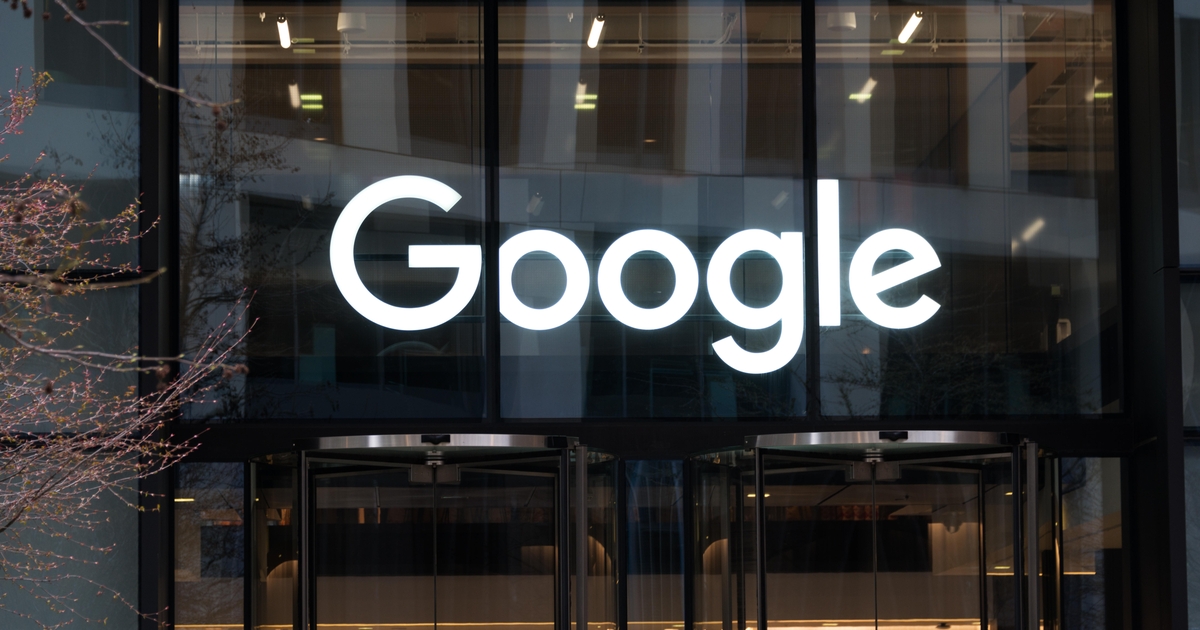
January 2, 2024 at 04:48PM
Google has settled a class-action lawsuit alleging it violated privacy laws by tracking data from users in private browsing modes. The terms of the settlement are undisclosed, but it could potentially cost Google billions. The case highlights challenges in maintaining user privacy while delivering targeted ads. Private browsing modes may not provide the expected level of privacy, prompting calls for better consumer protections.
From the meeting notes, it is clear that Google has settled a class-action lawsuit over its tracking of data from individuals using private or incognito browsing modes. The plaintiffs alleged that Google violated US federal laws regarding wiretapping and invasion of privacy. The terms of the settlement are not public yet, so it is unclear how much Google will suffer for its actions and how Chrome might change as a result.
The plaintiff’s argument focused on Google’s infringement of user privacy, deception of consumers, and the detailed and expansive information collected by the company. They accused Google of making itself an unaccountable trove of information and raising concerns about the promises made to users who wished to browse privately.
Google attempted to get the case dismissed by emphasizing that it never explicitly lied about its browser’s Incognito Mode and that users consented to data collection. However, the judge denied this motion, stating that Google never explicitly informed users of the at-issue data collection, so consent cannot be assumed as a matter of law.
The meeting notes also highlighted the limitations of private browsing modes in popular user-friendly browsers, as they may not provide a one-stop solution for online privacy. Despite this, there are differences in the level of protection offered by different browsers, and lawsuits like Brown v Google LLC may drive incremental changes in transparency and optionality for consumers using incognito modes.
Overall, the settlement and ongoing discussions reflect the complex challenges surrounding online privacy, data collection, and users’ expectations of privacy while browsing.